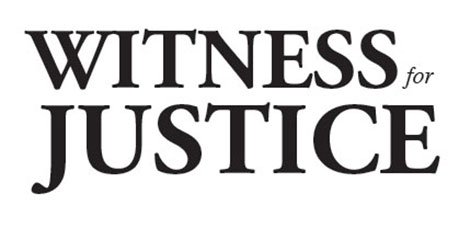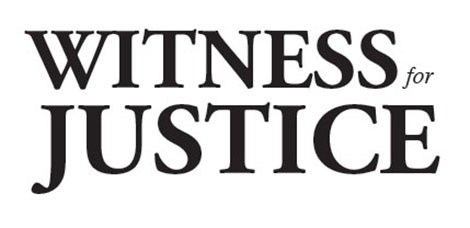Commentary: Faith in the Future
 Climate change is real. Human population growth is real. Resource depletion is real. What do we do with that fearful combination?
Climate change is real. Human population growth is real. Resource depletion is real. What do we do with that fearful combination?
Climate Change
Last year was the hottest year on record, and 2015 was the hottest year before that. Since 2005, the planet has broken hottest-year records five times: in 2005, 2010, 2014, 2015, and now 2016. Our new president nominated to his cabinet several people who were on record as saying climate change was a hoax. But at their confirmation hearings recently, several said that it is real, although they weren’t convinced how much of it was caused by humans.
Human Population Growth
It took until around 1800 for human population to break the one billion mark. By 1960, there were three billion of us. Now we have passed seven billion and are headed for nine billion by mid-century. This amount of people puts pressure on the planet to support everyone.
Resources
The resources we need in order to live are becoming harder to find. We have tapped the easily accessible oil and are now looking for the dirtier, deeper kind: at the bottom of the ocean, in the Arctic wilderness, mixed up in tar sands, or locked in rocks. We can expect this resource to become ever more expensive. What are the ramifications when we have built our civilization on the promise of infinite cheap oil?
Water is another resource in high demand. Our aquifers are being pumped dry around the world. Water tables are falling in California and the Midwest, in the Middle East, China, Mexico, and India. Some of these aquifers can be replenished, but others—including the Ogallala Aquifer in the Midwest—cannot. Once those fossil aquifers are gone, they’re gone.
What Can We Do?
I once read an essay that pointed out the discrepancy between our species’ motto and the motto of nature. We seem to live by the motto “More is better; growth is good.” The planet, however, says, “Enough is enough; balance is best.” Which of these will prevail? My bet is on the planet.
In the creation stories in Genesis 1 and 2, humans are given dominion over creation and are told to till the earth and keep it. Dominion does not give permission to rape and destroy. Can you even imagine God giving such instructions for the creation that God calls good? “Here, please ruin my greatest masterpiece.”
Let us rather learn to live by nature’s motto, to live with the rest of creation, attuned not just to our own needs but to the needs of all species.
A winning long-term strategy for humankind and for the planet is not all about growth. Infinite growth on a finite planet is not possible and leads only to disaster. Let us work instead to speed the transition away from fossil fuels, to reduce our carbon footprint, and to seek fulfillment in our faith, nature, and each other, rather than looking for it by accumulating stuff. The Church’s teachings on compassion, sharing, service, and community are more relevant than ever.
Meighan Pritchard is the Environmental Justice Curriculum Trainer of the United Church of Christ.
View this and other columns on the UCC’s Witness for Justice page.
Donate to support Witness for Justice through the Neighbors in Need offering.
Click here to download the bulletin insert.
Related News
Demystifying the Stigma of Mental Illness
Like many others, I come from a family system that placed taboos on speaking publicly about...
Read MoreStaying Grounded in Tumultuous Times
For years I have referred to myself as a peace-loving hippie-type pacifist who believes that...
Read MoreVision and Reality
In 1215, at Runnymede in England, King John signed the Magna Carta. The mythos surrounding...
Read More
